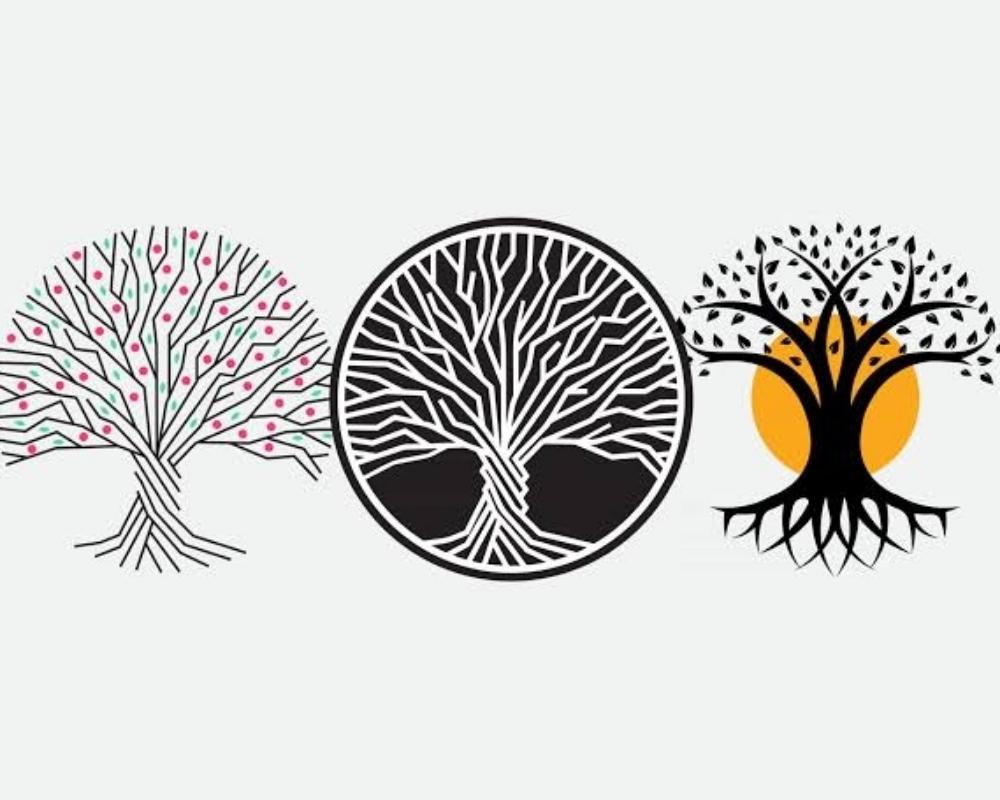Explore the World's Best Ideas
Join today and uncover 100+ curated journeys from 50+ topics. Unlock access to our mobile app with extensive features.
Cardinal Virtues
The Stoic philosophy, founded in Athens by Zeno of Citium in the early 3rd century BCE, posits that the highest good in life is achieving inner tranquility and living in accordance with nature. This is accomplished through the cultivation of four cardinal virtues, which are wisdom, courage, justice, and self-control.
82
932 reads
Wisdom
• The first virtue is wisdom, which the Stoics defined as the ability to understand and judge what is good and what is bad in life.
• This virtue involves the pursuit of knowledge, the ability to reason logically, and the skill to understand complex concepts.
• It is not just about knowing things, but also about applying that knowledge in a practical way.
• Wisdom is important because it enables us to make good decisions and to live in accordance with nature.
77
809 reads
“The chief task in life is simply this: to identify and separate matters so that I can say clearly to myself which are externals not under my control, and which have to do with the choices I actually control. Where then do I look for good and evil? Not to uncontrollable externals, but within myself to the choices that are my own”
EPICTETUS
79
732 reads
Courage
• The second virtue is courage, which the Stoics defined as the ability to face danger, pain, and fear with calmness and resilience.
• This virtue involves being able to stand up for what is right, even when it is difficult or unpopular.
• It is not just about physical courage, but also moral courage, which involves standing up for one's beliefs and values, even in the face of opposition.
• Courage is important because it enables us to overcome obstacles and to live with integrity.
78
659 reads
“Don’t you know life is like a military campaign? One must serve on watch, another in reconnaissance, another on the front line. . . . So it is for us—each person’s life is a kind of battle, and a long and varied one too. You must keep watch like a soldier and do everything commanded. . . . You have been stationed in a key post, not some lowly place, and not for a short time but for life.”
EPICTETUS
69
591 reads
Justice
• The third virtue is justice, which the Stoics defined as the ability to treat others fairly and to act with fairness and impartiality.
• This virtue involves recognizing the inherent worth and dignity of all human beings and treating them with respect and compassion.
• It is not just about following rules and laws, but also about acting with empathy and understanding.
• Justice is important because it enables us to live in harmony with others and to create a just and peaceful society.
69
559 reads
“And a commitment to justice in your own acts. Which means: thought and action resulting in the common good. What you were born to do.”
MARCUS AURELIUS
65
571 reads
Temperance / Self-Control
• The fourth virtue is self-control, which the Stoics defined as the ability to control one's emotions and desires and to act with discipline and restraint.
• This virtue involves being able to resist temptation and to stay focused on one's goals, even in the face of distractions and setbacks.
• It is not just about suppressing one's feelings, but also about channeling them in a constructive way.
• Self-control is important because it enables us to live a virtuous life and to achieve our full potential.
80
525 reads
“‘If you seek tranquillity, do less.’ Or (more accurately) do what’s essential—what the logos of a social being requires, and in the requisite way. Which brings a double satisfaction: to do less, better. Because most of what we say and do is not essential. If you can eliminate it, you’ll have more time, and more tranquillity. Ask yourself at every moment, ‘Is this necessary?’”
MARCUS AURELIUS
76
508 reads
Compendium
In summary, the four cardinal virtues of Stoicism - wisdom, courage, justice, and self-control - are essential for achieving inner tranquility, living in accordance with nature, and leading a virtuous life. By cultivating these virtues, we can become better individuals and contribute to the well-being of society as a whole.
71
517 reads
“If, at some point in your life, you should come across anything better than justice, prudence, self-control, courage—than a mind satisfied that it has succeeded in enabling you to act rationally, and satisfied to accept what’s beyond its control—if you find anything better than that, embrace it without reservations—it must be an extraordinary thing indeed—and enjoy it to the full."
MARCUS AURELIUS
64
509 reads
Life is unpredictable. There’s so much we have no control over. That can be overwhelming and crippling or it can be freeing. Virtue is how we ensure the later. No matter what happens, we always have the capacity to use reason and make choices. We should always try to do the right thing. To let virtue guide us. It’s all that we control. Let the rest take care of itself, as it will with or without your consent.
RYAN HOLIDAY (DAILYSTOIC.COM)
69
525 reads
IDEAS CURATED BY
Similar ideas
Read & Learn
20x Faster
without
deepstash
with
deepstash
with
deepstash
Personalized microlearning
—
100+ Learning Journeys
—
Access to 200,000+ ideas
—
Access to the mobile app
—
Unlimited idea saving
—
—
Unlimited history
—
—
Unlimited listening to ideas
—
—
Downloading & offline access
—
—
Supercharge your mind with one idea per day
Enter your email and spend 1 minute every day to learn something new.
I agree to receive email updates












